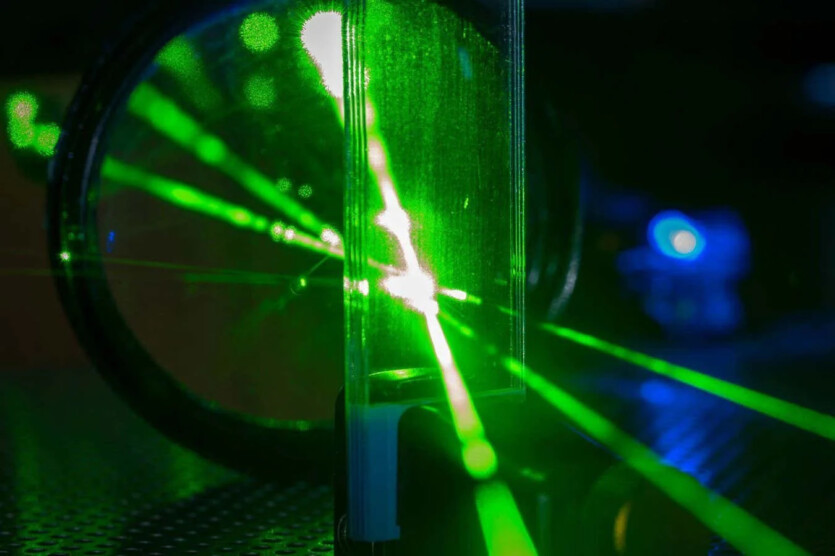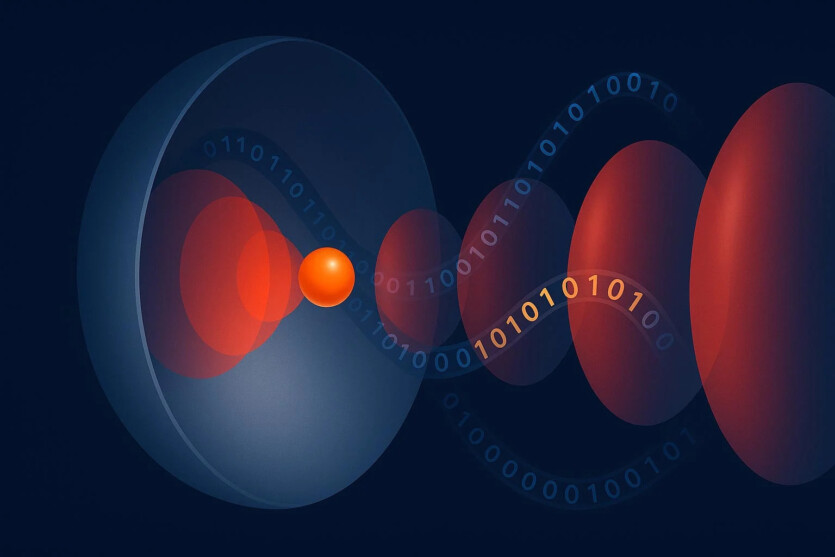
Physicists at the University of Swansea in the UK have used mirrors to significantly reduce the so-called quantum noise, which affects the state and behavior of quantum particles.
When measuring these particles, scientists encounter the so-called «observer» effect, where the observation excites the particles because photons repel them from themselves as a result of collision. The use of mirrors allows scientists to overcome the quantum fluctuations that occur during observation.
«Our work has demonstrated that if you create conditions in which measurement becomes impossible, then excitement also disappears. Using a hemispherical mirror with a particle in the center, we found that under certain conditions, the particle becomes identical to its mirror reflection. When this happens, you can’t get position information from the scattered light, and at the same time, the quantum inverse action disappears», — explains the first author of the study Rafał Gajewski.
This makes it possible to form quantum states in objects that are much larger than atoms, as well as to conduct experiments that explore the boundaries between quantum mechanics and gravity. In addition, scientists are able to develop ultra-sensitive sensors to detect weak interaction forces.

«By designing the environment around a quantum object, we can control what information is available about it and thus control quantum noise. This opens up new possibilities for quantum experiments and potentially more sensitive measurements», — emphasizes study leader Dr James Bateman.
Currently, the researchers are working on an experimental demonstration and studying integration into practical applications, such as the following, quantum sensors. The study also touches on a relatively new area called «levitating optomechanics», which uses lasers to control quantum particles in a vacuum. Recent experiments have already cooled particles down to the lowest possible energy level — the ground quantum state — which shows how much scientists can control these systems.
The results of the study were published in the journal Physical Review Research
Source: SciTechDaily

Spelling error report
The following text will be sent to our editors: